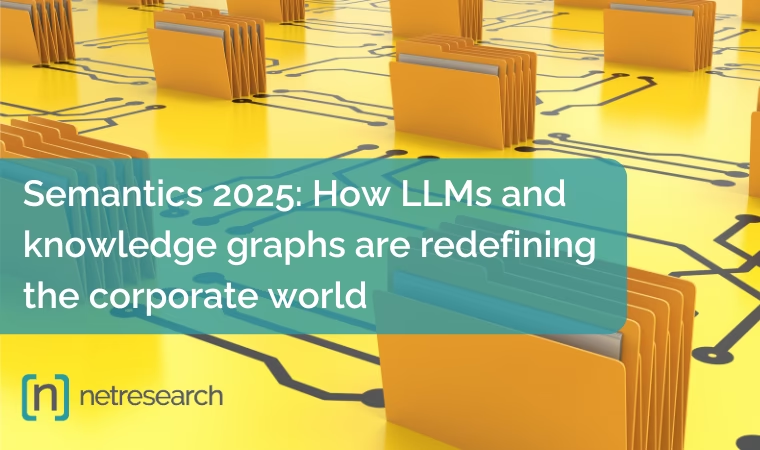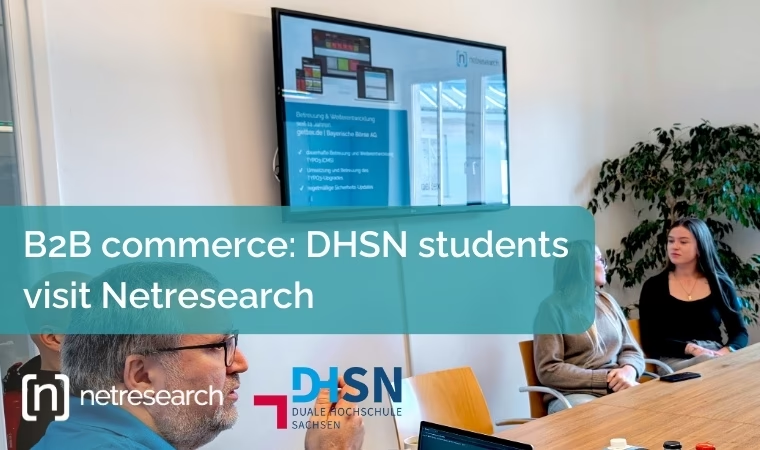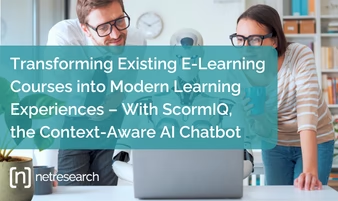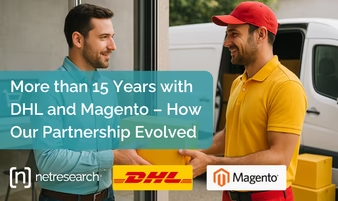Semantics 2025: How LLMs and knowledge graphs are redefining the corporate world
This year's Data Week in Leipzig was all about an inescapable technological force: large language models (LLMs). As a participant of the "Semantics Day" in the impressive ambience of the New Town Hall, one thing quickly became clear to me: the question is no longer whether AI will change the corporate landscape, but how quickly and how profoundly.
From the flood of data to actionable insights
The keynote speech by Dr Andreas Pawlik and Kai Kümmel from Carl Zeiss AG kicked things off. Their presentation highlighted a key challenge facing almost every company today: How can decentralised and complex data volumes be processed in such a way that technical experts without in-depth IT knowledge can find and use relevant information independently?
The solution presented by ZEISS, an agent-based system based on knowledge graphs and generative AI, is a prime example of the change we are currently experiencing. Instead of trawling through countless databases, users can utilise intelligent systems that understand the context and proactively deliver actionable insights. This confirms exactly the approach we take at Netresearch: Technology must empower people, not overwhelm them.
LLMs and knowledge graphs: The power duo of the future
The subsequent session "Knowledge Graphs and Large Language Models" impressively deepened this topic. Experts from TIB, Tentris, eccenca and the Institute for Applied Informatics (InfAI) demonstrated how the combination of neuro-symbolic AI, efficient SPARQL queries and agent-based data workflows heralds the next stage of intelligent data processing.
It became particularly clear: LLMs are clever on their own, but they only reveal their true strength when combined with structured knowledge bases such as knowledge graphs. This symbiosis makes it possible to generate precise, fact-based and context-sensitive answers, which is a core competency for any company that wants to leverage its internal knowledge treasures.
Our conclusion: The future is knowledge-driven
Semantics Day showed us once again that we at Netresearch are on the right track. Our focus on the development of intelligent knowledge transfer tools that operate using Retrieval Augmented Generation (RAG) on the company's own data is exactly in tune with the times. The aim is to provide employees with a "pocket expert" to support them in their day-to-day work, simplify complex processes and drive innovation.
Our conclusion: the future is knowledge-driven - and needs guidance
Semantics Day has made it clear that anyone who wants to have a say in the future must not only manage their own data, but also understand it - and turn it into usable knowledge. This is precisely where we see our role at Netresearch: not as a pure technology service provider, but as a reliable partner and companion on the path to smarter, more effective digitalisation.
Because real innovation doesn't start with technology - it starts with the question of what really helps people move forward.






